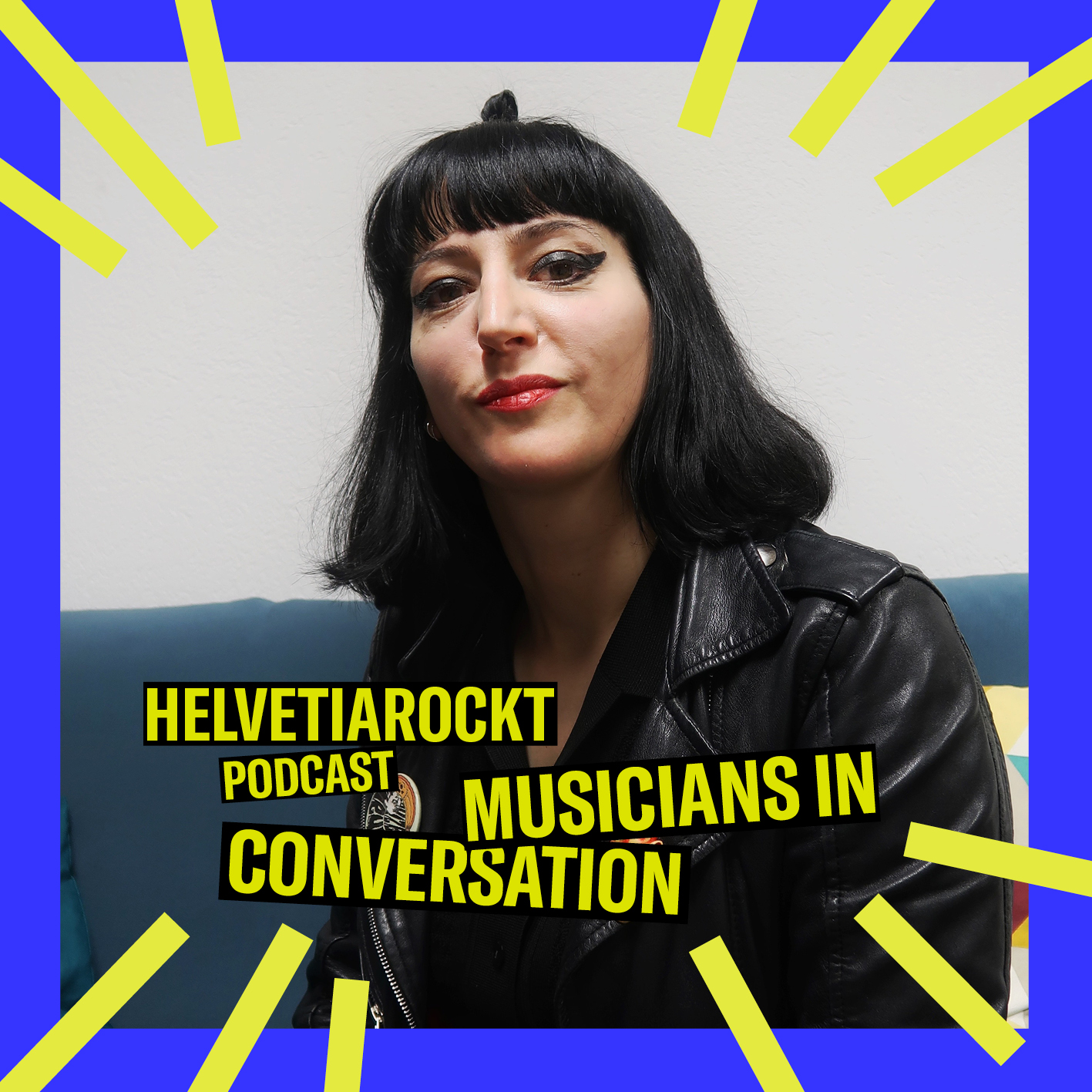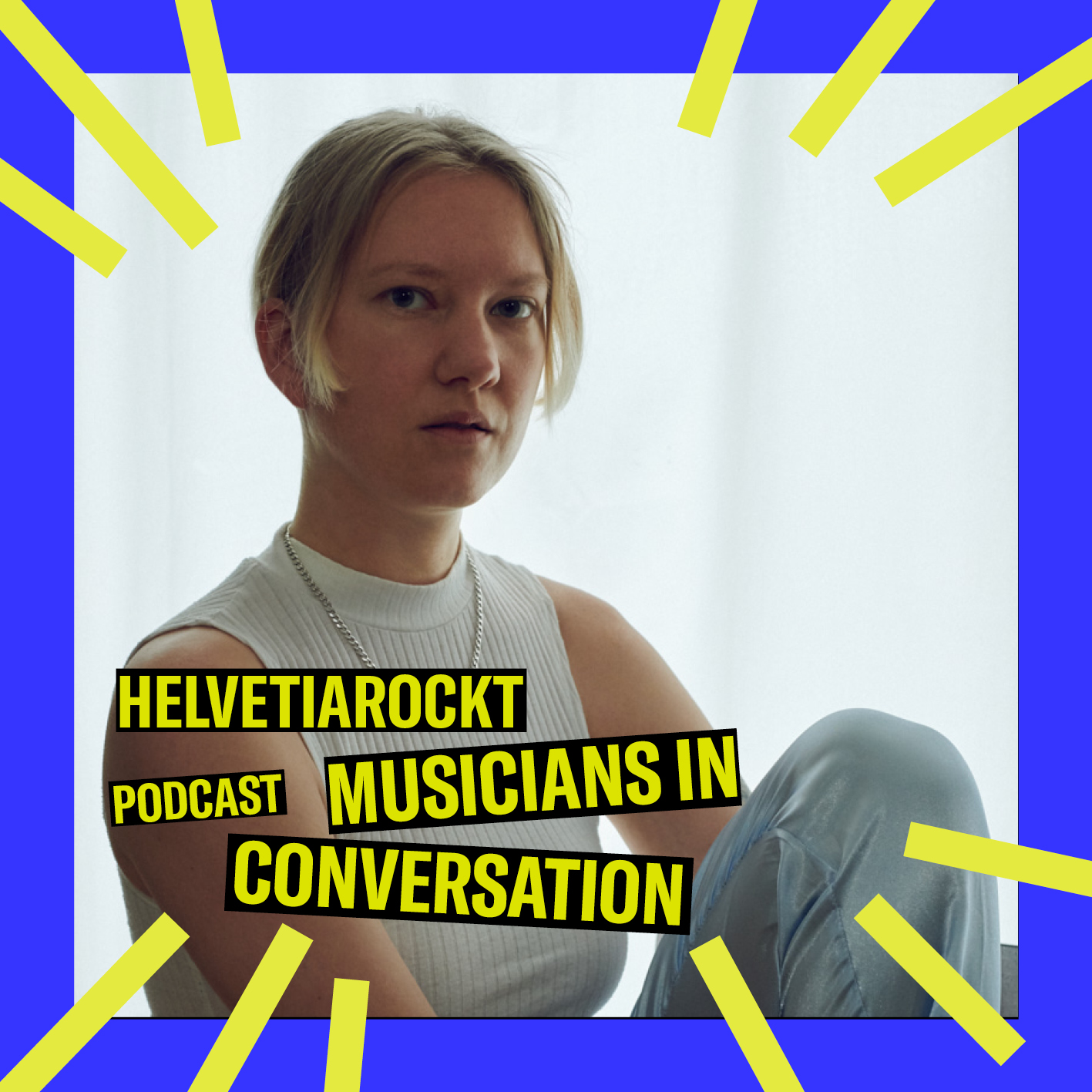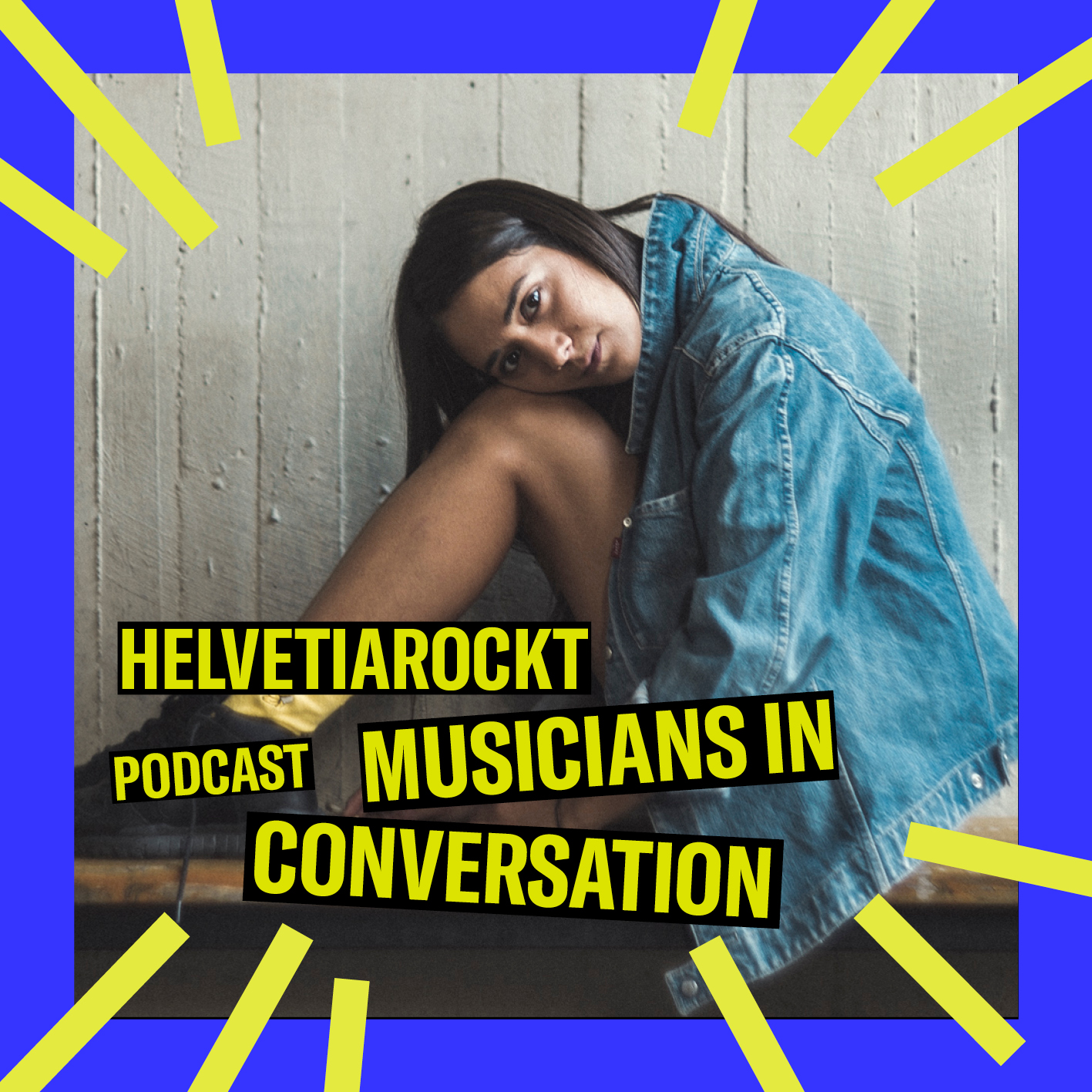In this episode Natalia speaks with Live Sound Engineer, Lena Brechbühl. We discuss the positives and negatives of the profession. The relationship between live sound engineer and artist and the importance of vocabulary to express how you want your sound to be. We also talk about the emotional labour when opposing sexism and sexual harassment in the industry and what more can done to combat it.
Lena Brechbühl is a live sound engineer and has worked with artists such as BrandãoFaberHunger, caruso+avila, Faber, Film2, Gina Été, Jonas Albrecht, Odd Beholder to name but a few. She has mixed sound at clubs and festivals all over Switzerland. She is responsible for the technical management and training young sound engineers at Treibhaus in Lucerne. Lena also plays guitar, has an incredibly powerful voice and studies music.
In-ears - In-ear monitors are devices used by musicians, audio engineers and audiophiles to listen to music or to hear a personal mix of vocals and stage instrumentation for live performance or recording studio mixing.
Wedges - Performer-facing loudspeakers called monitor speakers, stage monitors, floor monitors, wedges, or foldbacks on stage during live music performances. The monitor system allows musicians to hear themselves and fellow band members clearly.
Stereo - Stereophonic sound, or more commonly stereo, is a method of sound reproduction that recreates a multi-directional, 3-dimensional audible perspective.
Mono - Monaural or monophonic sound reproduction (often shortened to mono) is sound intended to be heard as if it were emanating from one position. This contrasts with stereophonic sound or stereo, which uses two separate audio channels to reproduce sound from two microphones on the right and left side, which is reproduced with two separate loudspeakers to give a sense of the direction of sound sources.
If you have a question for the musicians in conversation, simply send a DM to Helvetiarockt on insta!

In this episode Natalia speaks with Jackie Brutsche (aka Jack Torera) who is a musician, filmmaker, visual artist and performer. Her band The Jackets...

In this episode Natalia talks with Belia Winnewisser who is a singer, composer, sound artist and DJ. She is also a coach for Helvetiarockt...

In this episode Natalia speaks to Melisa Su who is a Club DJ, Producer and co-founder of the record label, ‘Mirror Records’. She is...